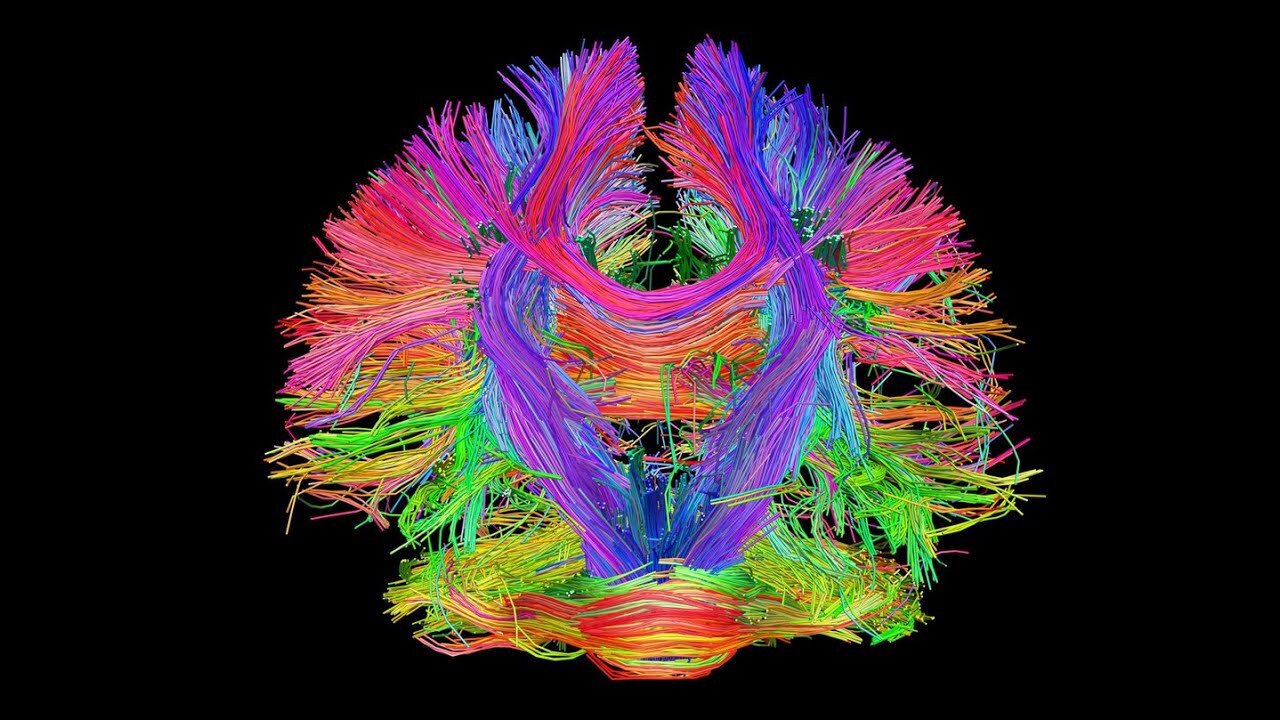

Hypnotherapy
Hypnosis for Neuropsychiatric Disorders
Hypnotherapy
Hypnosis for Neuropsychiatric Disorders
Dr. Datta first trained in clinical hypnosis almost 20 years ago. He has taught about hypnosis to students at University College London, the University of Washington, the University of California, San Francisco., and Stanford University. He has taught on the Society of Clinical and Experimental Hypnosis (SCEH) Introductory Workshop, an Advanced Workshop on Hypnosis and Functional Neurological Disorders, and was Co-Chair of the Scientific Program for the SCEH Annual Conferences in 2020 and 2021.
He integrates hypnosis into treatment when indicated for:
Functional Neurological Disorders
Chronic Pain
Irritable Bowel Syndrome and Functional Gastrointestinal Symptoms
Dissociative Disorders
Trauma-Related Disorders
Coping with Neurological Illness
What is Hypnosis?
The American Psychological Association defines hypnosis as:
"A state of consciousness involving focused attention and reduced peripheral awareness characterized by an enhanced capacity for response to suggestion."
The American Psychological Association defines hypnotherapy as:
"The use of hypnosis in the treatment of a medical or psychological disorder or concern."
The American Medical Association has supported the medical use of hypnosis since the 1950s. The American Psychiatric Association most recent updated its position statement supporting the use of hypnosis by psychiatrists in 2015.
Why Hypnotherapy?
Hypnosis is not a therapy in itself but can be integrated into other psychotherapies. By inducing an altered state of consciousness where you become more open to suggestion, it can enhance therapeutic work aimed at modulating emotions, thoughts, behaviors, and physiological sensations. Functional neuroimaging studies show measurable brain changes occurring with hypnotic suggestions. There are demonstrable physiological changes in the brain that occur with hypnosis.
Hypnosis can feel like a pleasant state of deep relaxation which in itself can be therapeutic. It can allow you to be more responsive to suggestions, imagery, metaphors, reframing, and other therapeutic techniques. For some people, it can make it easier to talk about things that otherwise feel too hard to talk about.
There is evidence supporting the use of clinical hypnosis for anxiety, depression, acute stress disorder, functional neurological disorders, irritable bowel syndrome, coping with medical illnesses including cancer, and acute and chronic pain.
Like any other treatment, not everyone benefits. Some people benefit tremendously, whereas some people only benefit a bit. It is usually incorporated into a more comprehensive treatment plan.
Like any other skill, it gets easier over time. Some people struggle with experience a trance state to begin with but find it easier over time.
There are many so-called hypnotists or hypotherapists who have no therapeutic training. It is important that you work with someone who has a recognized professional background such as a psychiatrist, neurologist, psychologist, licensed clinical social worker, or licensed marriage and family therapist.
